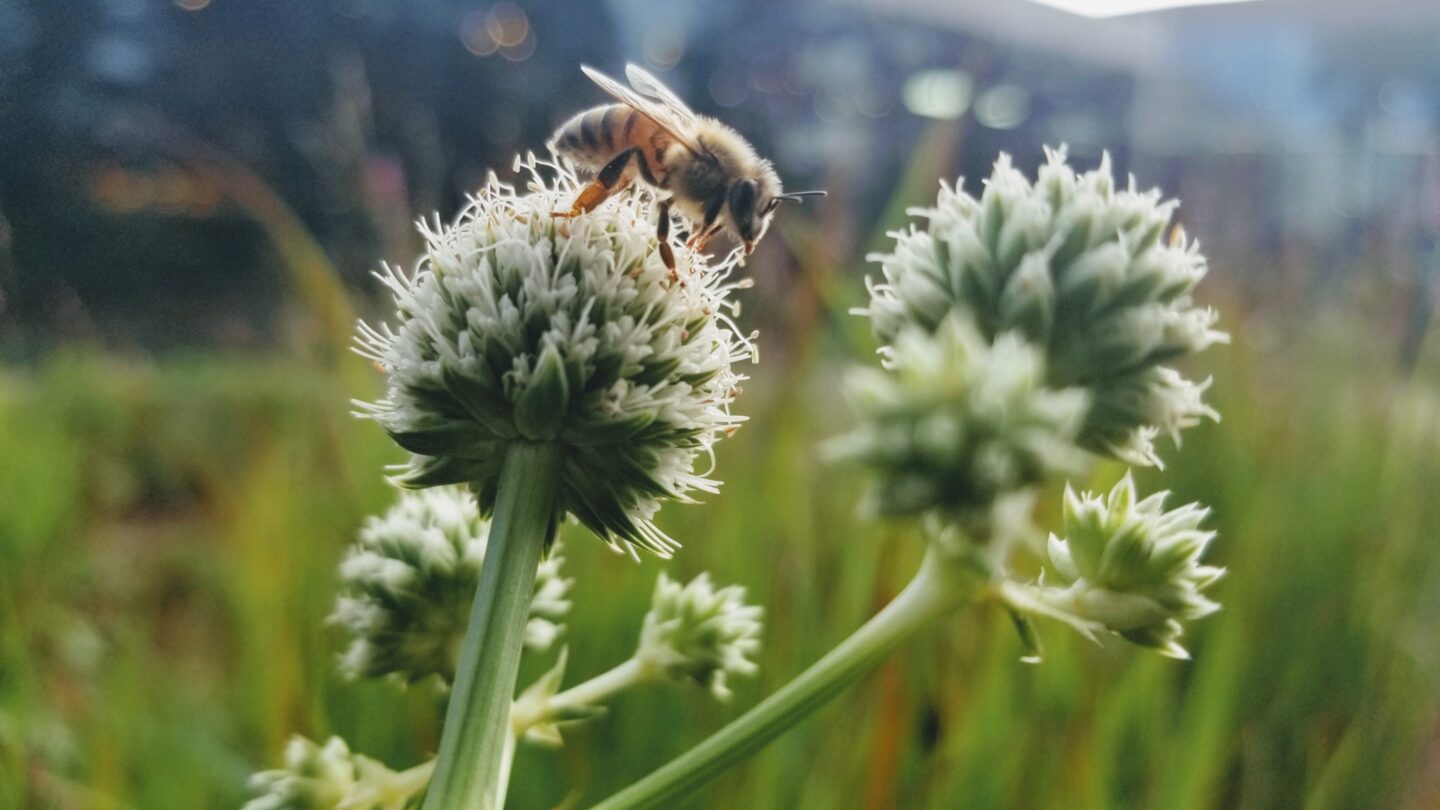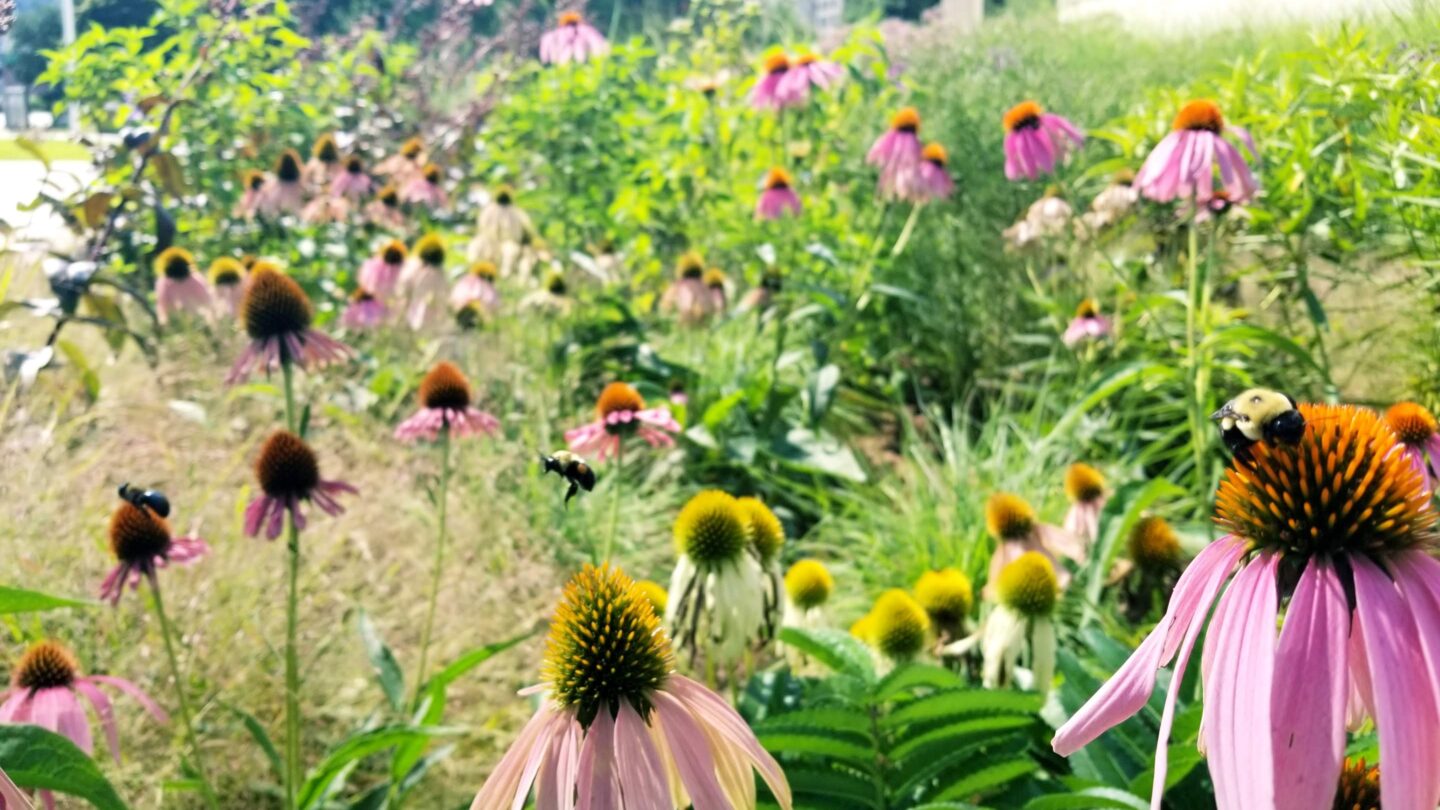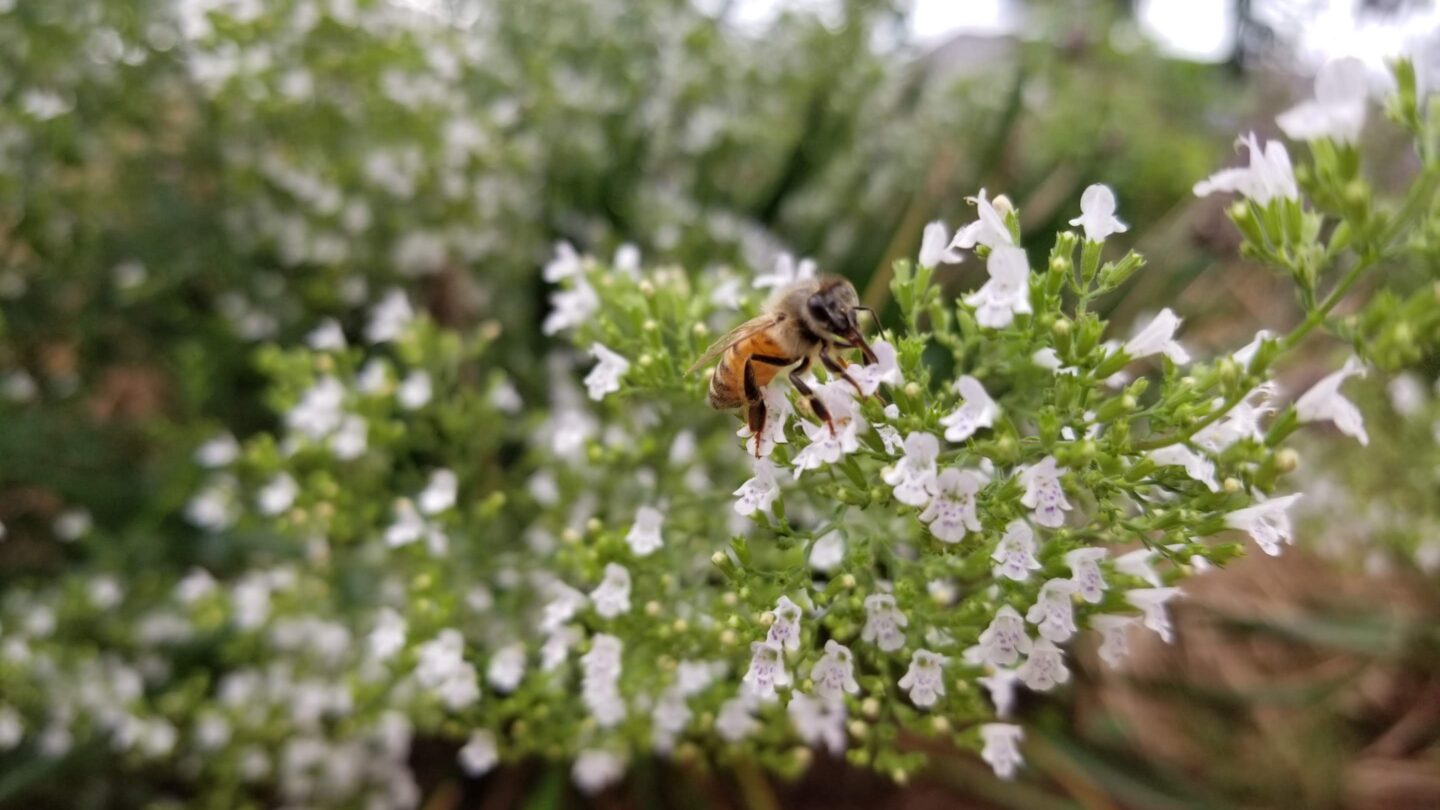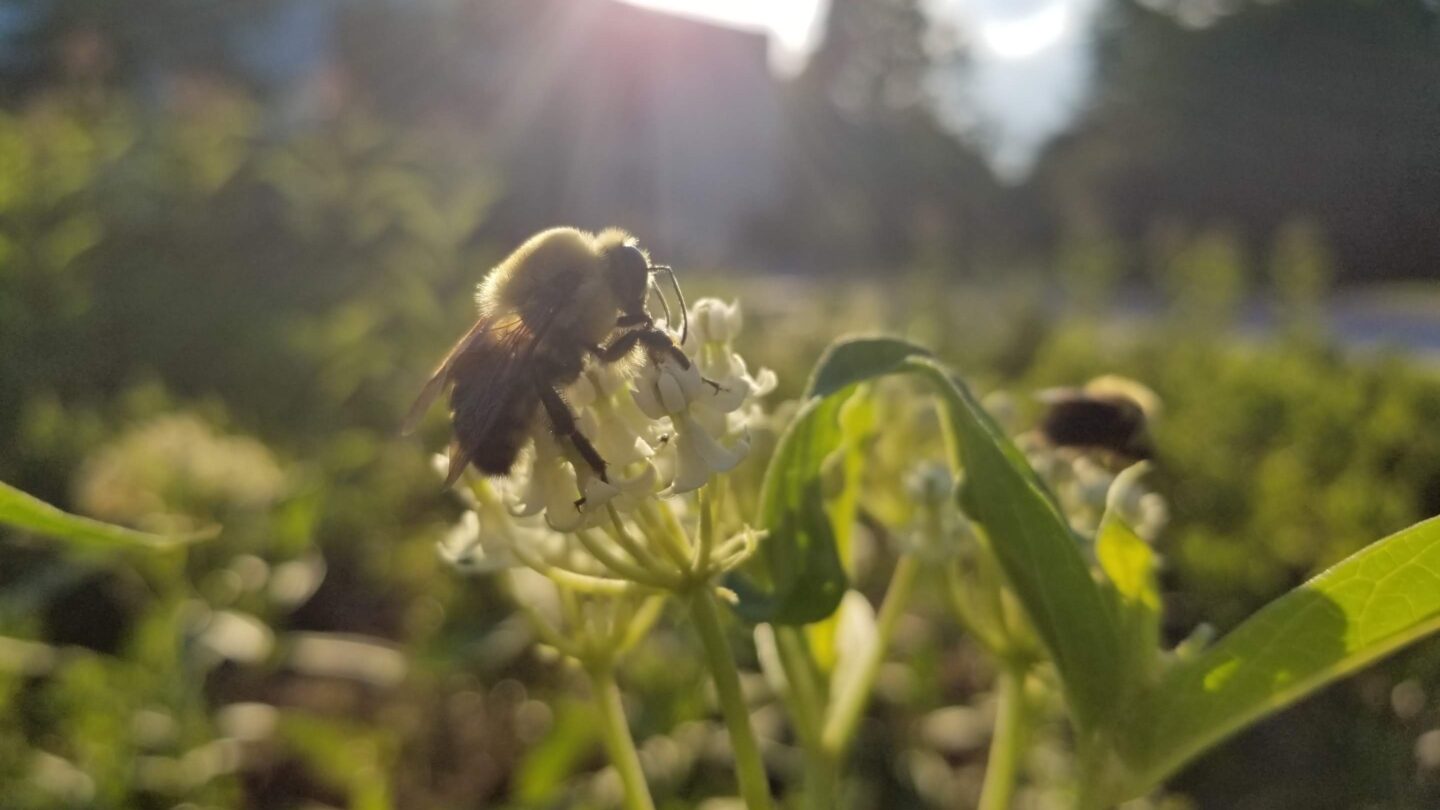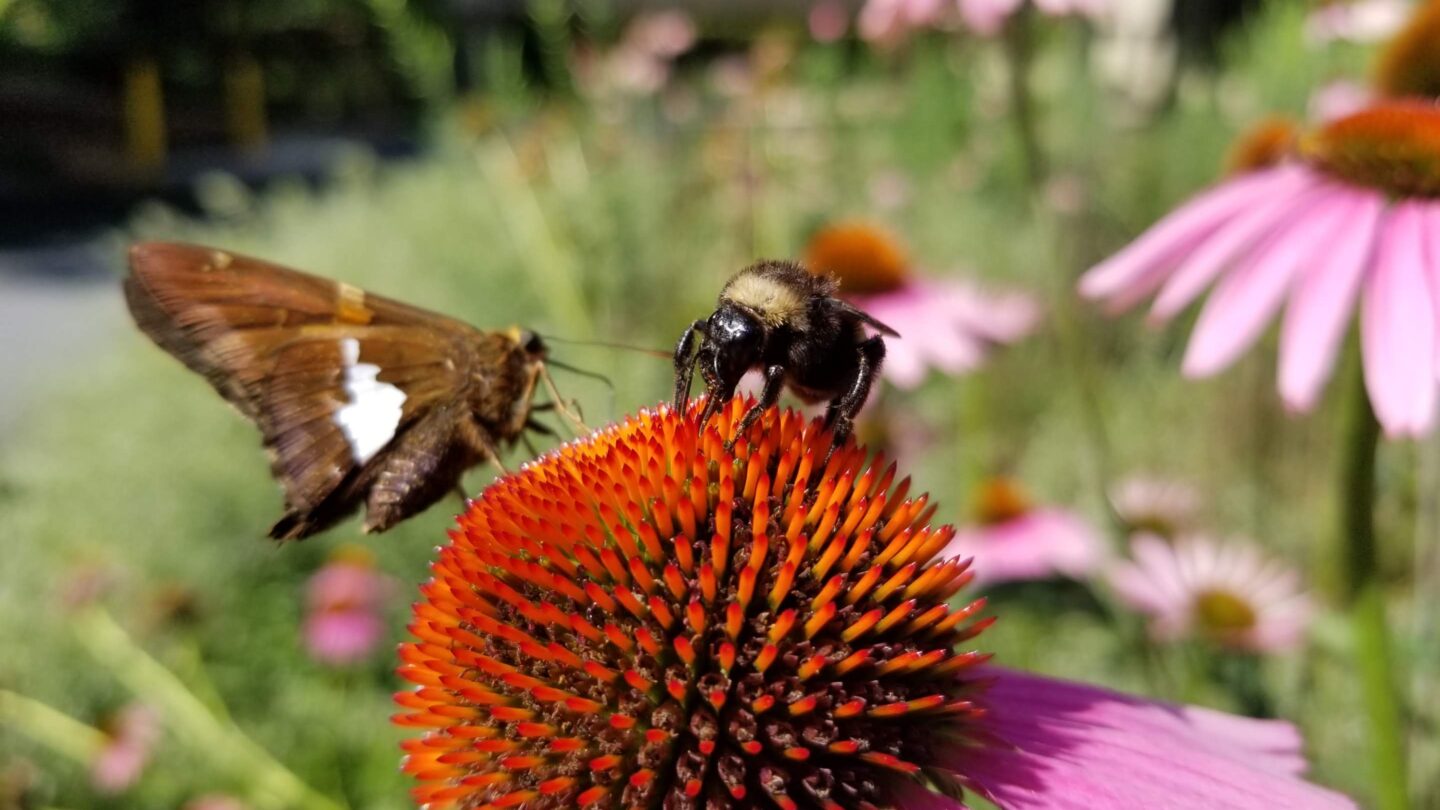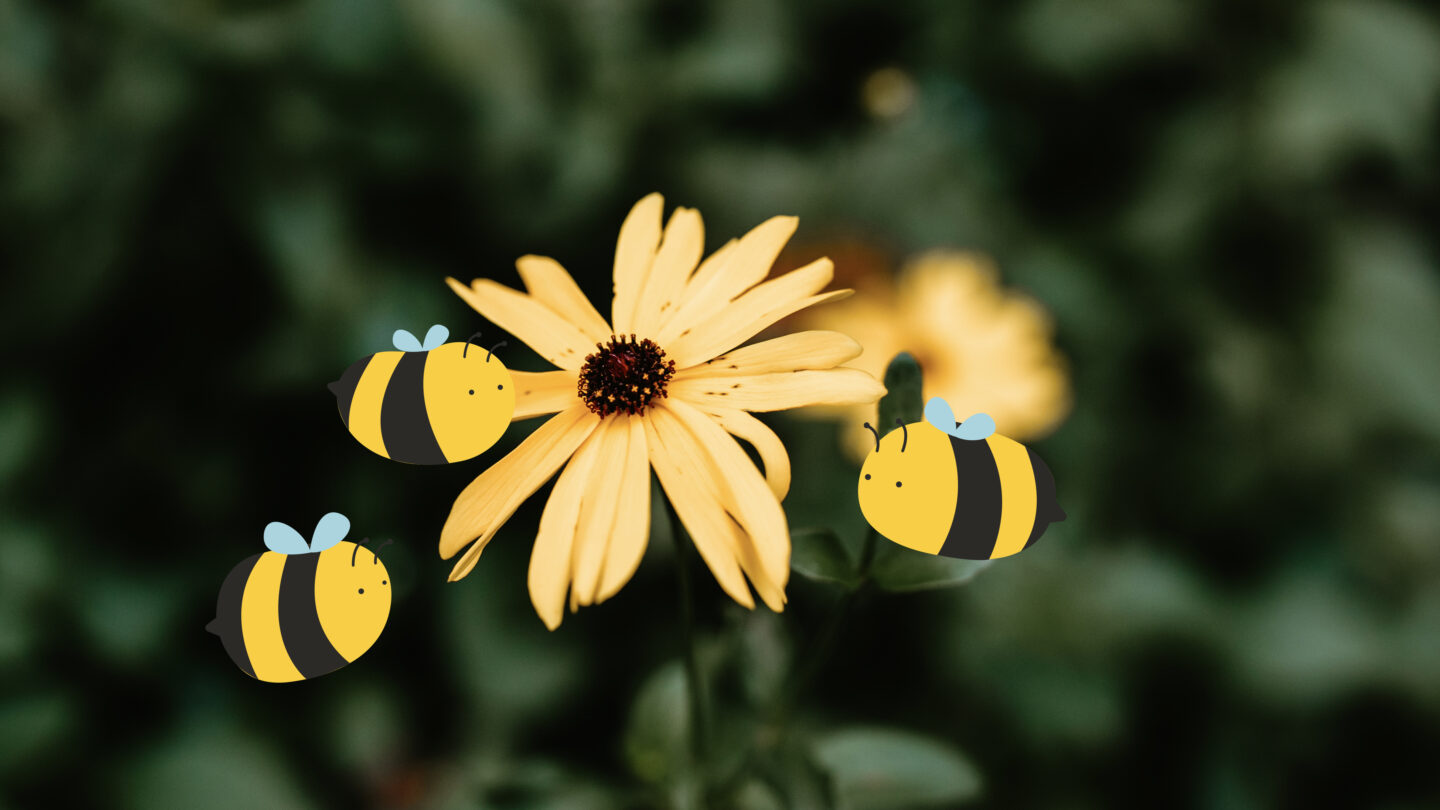
GivingTuesday is a global generosity movement, unleashing the power of people and organizations to transform their communities and the world. On Tuesday, November 29, Atlanta History Center joined this global event to save our bees. AHC was previously home to four hives, but unfortunately, only one remains inhabited with bees due to threats from disease and pesticide. We need your help to raise vital funds to repopulate our hives to ensure that we can maintain a healthy bee population and in turn support the ecosystem of Goizueta Gardens.
We would like to thank our donors for helping us reach our stretch goal.
Thanks to their generosity, we have raised over $4,600 for our bees and will be able to:
- Renew three existing hives in Swan Woods
- Purchase three “nucs”—new nucleus bee colonies—to populate the existing hives in Swan Woods
- Purchase 1 new hive for Smith Farm, and the necessary nuc to get the population started
- Provide for the purchase and care of bee-friendly Georgia-native plants
- Train additional staff in beekeeping at UGA’s Young Harris Beekeeping Institute;
- And allow our staff to purchase beekeeper suits and other necessary equipment.
- Purchase 1 additional hive and nuc for Smith Farm, for a total of 6 flourishing beehives. The population of these hives will assist in pollinating and improving production of heirloom crops grown on the Smith Farm.
- Further gifts will allow us to make further investments in necessary, plants, equipment, and staff training.
Any additional gifts we receive will support:
- Training and educational opportunities for the 4-H Beekeeper program
- Help pay for rental costs associated with honey extraction equipment and training
- Provide Scouts and Girl Scouts with badge-earning opportunities related to beekeeping
- And provide educational opportunities to teach visitors and school groups about bees and the important role they play in our ecosystem
Fundraising Goals
- Will allow us to repopulate the existing hives in Swan Woods
- Hives provide safe shelter for thousands of honey bees
- A healthy bee population helps us to maintain the ecosystem of Goizueta Gardens
- Will provide for the purchase of additional hives in Swan Woods, supporting thousands more honey bees
- Provides for the purchase and care of bee-friendly native plant species for Swan Woods
- Purchase beekeeper suits and protective gear for staff
- Provides for the purchase of two new hives for Smith Farm
- A burgeoning bee population will assist in pollinating and improving production of the heirloom crops grown at the Farm
- Additional bee-friendly native plantings at Smith Farm
- Training for History Center staff as beekeepers to tend to the additional hives
- Rental cost for honey extraction equipment and training
- Available honey to be utilized for programs and events
- Support the 4-H Junior Beekeeper program with training and educational opportunities
- Support Scouts and Girl Scouts with badge-earning opportunities relating to beekeeping
- Also provide educational opportunities to teach visitors and school groups about bees and the important role they play in our ecosystem
We are thrilled to announce Mailchimp as our corporate partner for this campaign with a $2,500 gift, which put us well on the way to reaching our stretch goal.
In September 2022, Atlanta History Center received a nuc (nucleus colonies) of honey bees to add to our apiary in Goizueta Gardens. Nucs are smaller sections of already-established honey bee hives; and an apiary is where collections of beehives are kept. Typically, a nuc contains 3–5 hive frames from an existing colony and houses a honey bee community consisting of adult worker bees, broods at different stages of development, a queen bee, and a honeycomb complete with active honey production.
Our apiary is located in Swan Woods, just down the hill from Wood Cabin, which was built in the 1830s by Elias Wood on land previously inhabited by indigenous Muskogee populations in North Georgia. The cabin was disassembled and moved several times before settling at the History Center in 2014. Eight family members and one enslaved individual comprised Woods’ household during its occupation. Along with growing wheat, corn, and rye, the Woods also raised sheep, and pigs, and kept a colony of honey bees—likely for honey and beeswax production.
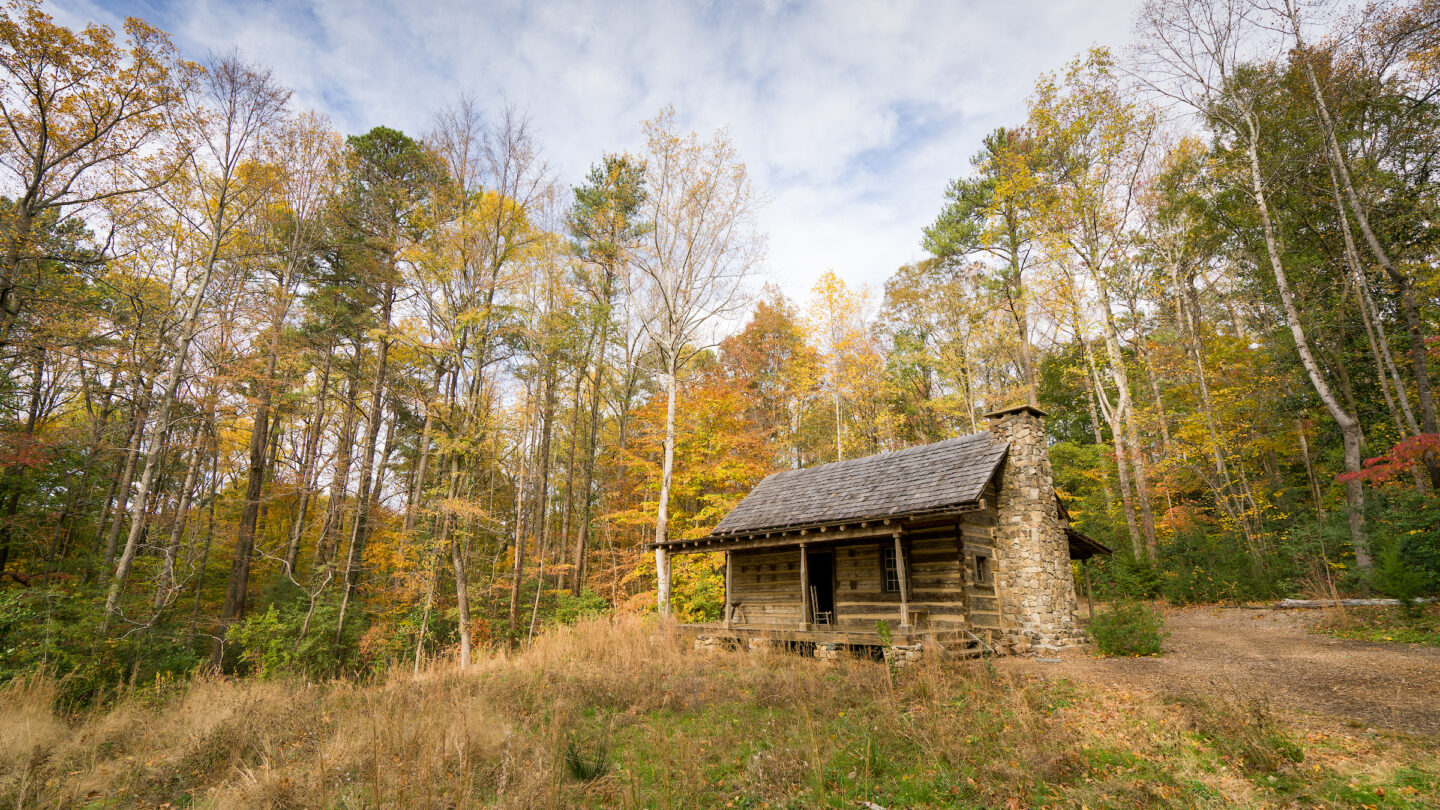
Wood Cabin
The bees in the Wood family apiary were most likely kept in “bee gums” or “skeps,” which are primitive infrastructural methods of beekeeping that have been part of apiary culture for centuries. However, skeps and gums do not allow clean removal of individual frames of honeycomb. Attempts to harvest honey would often cause damage to the bee population, commonly followed by the irreversible colony death. Because we want to ensure the survival of our bee populations, contemporary honey bees reside in beehives.
Unfortunately, of the four hives established in Swan Woods, only one remains inhabited with bees.
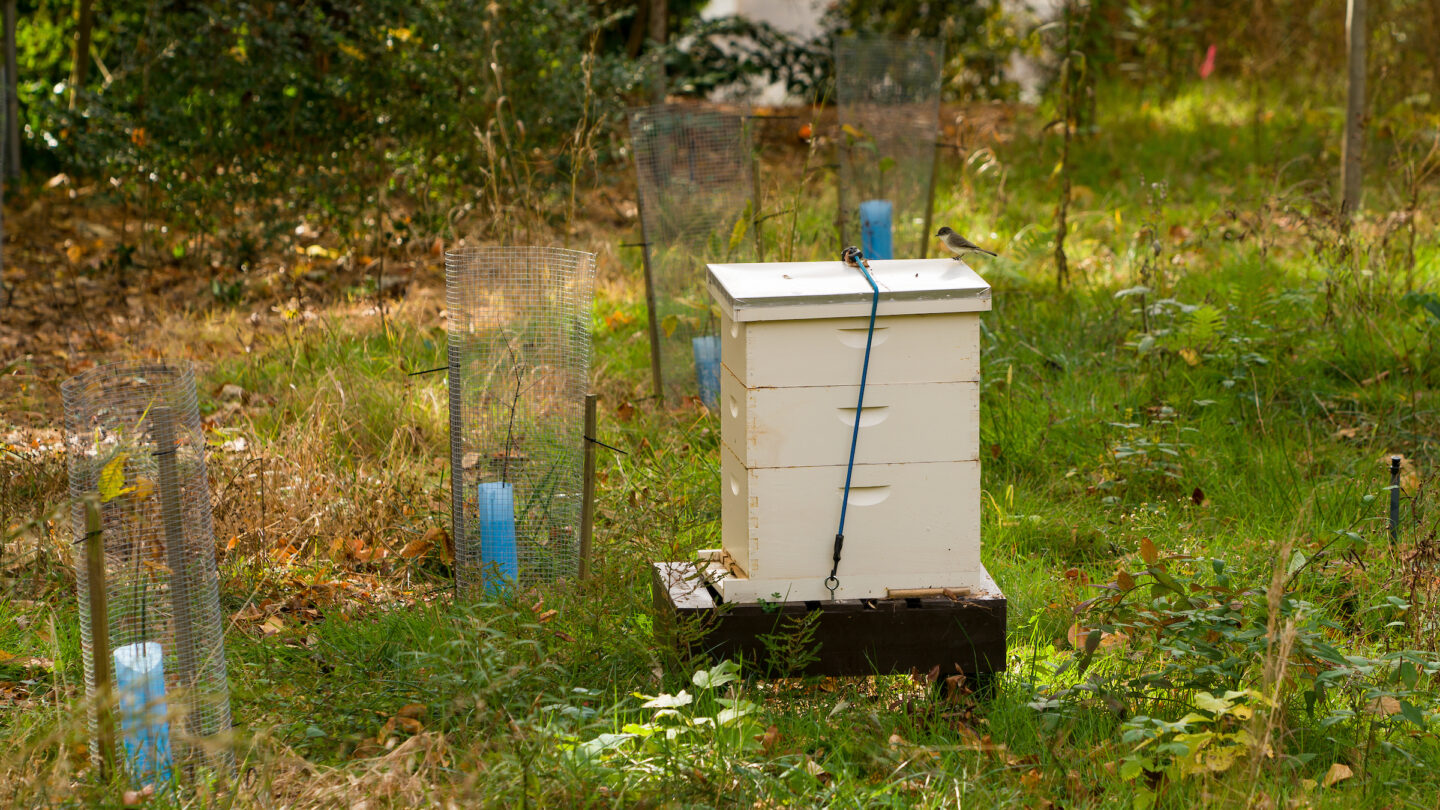
Apiary located in Swan Woods
The four previously active hives were abandoned by their tenants in spring, leaving our Manager of Animal Collections, Brett Bannor, saddened and surprised since that time of year is ideal for new colony introductions. Spring is the season that often bears witness to natural honey bee population growth, which occurs before or during honey flow, or during periods of swarming. Unconventionally, we introduced our new nuc at the end of summer/beginning of fall, due to the History Center’s apiary environment and its ability to provide extra resources necessary to the honey bees’ survival.
Threats to Bees & Pollinators
Beekeepers continue to express concerns regarding the unusually high losses of bee colonies in recent years. A “normal” or acceptable bee colony turnover is 20%. Research from Auburn University states that 45.5% of managed colonies died between April 2020 and April 2021. This alarming statistic reflects the second highest colony loss rate since surveys began in 2006. This affects both backyard beekeepers and commercial honey bee operations, the latter of which transfer honey bees all over the country to pollinate agricultural crops such as almonds, apples, and blueberries.
Bee populations are continuously threatened by diseases and the use of pesticides, especially a group of insecticides known as neonicotinoids. This type of pesticide acts as a systemic chemical, meaning, the plant absorbs the chemical that is then transported throughout the plant, including into the pollen and nectar produced. As bees feed from affected plants, they can easily consume lethal levels of neonicotinoids, creating problems with honey production, flight, navigation, and reduced foraging ability due to lower taste sensitivity and slower learning abilities. Neonicotinoids can persist in the soil up to 6 years after application and can continue to be absorbed by the plant.
Honey bees specifically and pollinators in general need our help, and we need theirs. Three out of four native plants rely on animal or insect pollinators to reproduce. Without pollinators, there would be devastating declines in agricultural production and ecosystem health.
Honey bees need three things to live happily—pollen sources, water sources, and shelter.
The US Department of the Interior has stated that for a bee to support itself from egg to adulthood, it needs to gather pollen and nectar from about 5 flowers. Integrating native flowering plants into your landscapes guarantees that honey bees and other pollinators don’t have to fly too far to find their ideal food sources.
Thankfully, there are countless flowering plants available to meet the pollen needs of the lucky insects who reside in our Goizueta Gardens. Currently, goldenrod and asters bloom in the Entrance Gardens, black-eyed susans and blue mist flourish at Smith Farm, and chrysanthemums are making their fall appearance beside even more asters in Olguita’s Garden.
Smith Farm
Help us save the bees for GivingTuesday.
GivingTuesday has grown into a year-round global movement that inspires hundreds of millions of people to give, collaborate, and celebrate generosity.
Our recent gift of nucs came from Georgia Master Craftsman Beekeeper Cindy Hodges and are already swarming with activity. Since their arrival in September, the bees are fed supplemental food 2–3 times a week to ensure they have enough honey stored to thrive through the remainder of fall and into winter. Still, there is much more that can be done with your support.
Fundraising Goals
- Will allow us to repopulate the existing hives in Swan Woods
- Hives provide safe shelter for thousands of honey bees
- A healthy bee population helps us to maintain the ecosystem of Goizueta Gardens
- Will provide for the purchase of additional hives in Swan Woods, supporting thousands more honey bees
- Provides for the purchase and care of bee-friendly native plant species for Swan Woods
- Purchase beekeeper suits and protective gear for staff
- Provides for the purchase of two new hives for Smith Farm
- A burgeoning bee population will assist in pollinating and improving production of the heirloom crops grown at the Farm
- Additional bee-friendly native plantings at Smith Farm
- Training for History Center staff as beekeepers to tend to the additional hives
- Rental cost for honey extraction equipment and training
- Available honey to be utilized for programs and events
- Support the 4-H Junior Beekeeper program with training and educational opportunities
- Support Scouts and Girl Scouts with badge-earning opportunities relating to beekeeping
- Also provide educational opportunities to teach visitors and school groups about bees and the important role they play in our ecosystem
We are thrilled to announce Mailchimp as our corporate partner for this campaign with a $2,500 gift, which put us well on the way to reaching our stretch goal.



